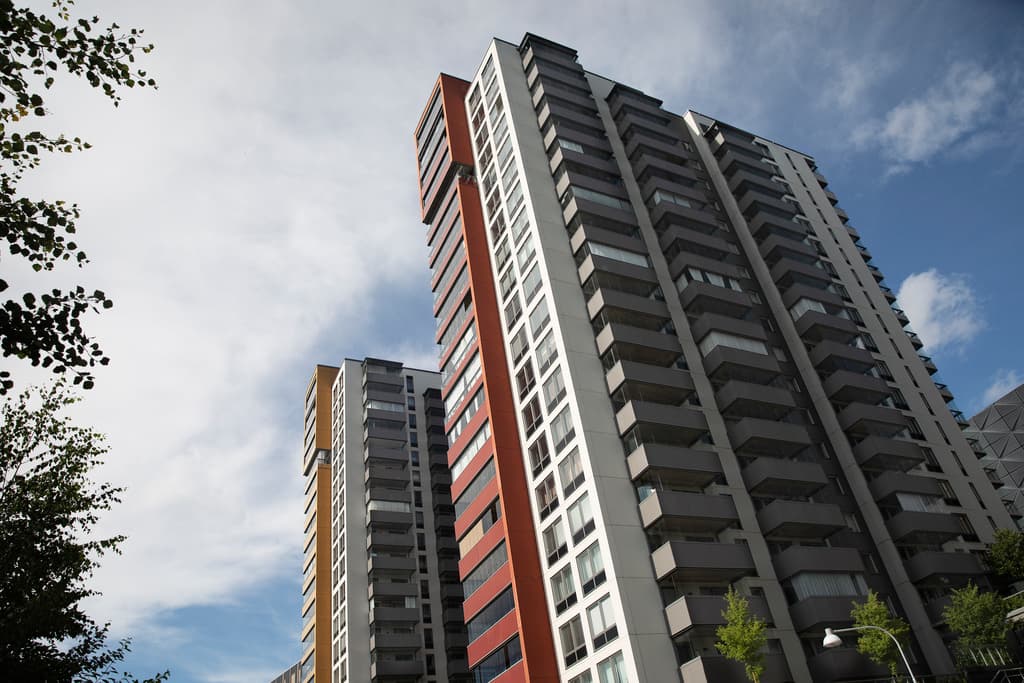Private landlords in Stockholm County and Gotland want to drastically increase rents – again.
Unreasonable, believes property professor Hans Lind.
It's ridiculous, when you know that wages haven't risen that much.
For 2024, property owners demanded a rent increase of twelve percent. But after negotiations, the rent increase landed at an average of five percent across the country, which was the largest increase in over 30 years, for the second year in a row.
And now, the industry organization Fastighetsägarna Stockholm has already gone out and demanded that rents be increased by up to 15.4 percent from next year.
I don't think it's serious when you want to increase that much, continues Hans Lind, retired professor of real estate economics.
If they had said ten percent, maybe they would have gotten a bit more weight in the negotiations. But this is just nonsense.
Clearer Legislation
The demand affects around 60,000 apartments in Stockholm County and Gotland. The motivation is that landlords have had increased costs due to rising interest rates.
But according to Louis Landeman, head of credit analysis at Danske Bank – it's going better for property companies right now, according to the half-year reports.
It's going better this year than before. Inflation has come down a bit and the financing situation has also improved quite a lot.
Admittedly, they still have high interest rate costs, but for example, property companies Rikshem, Castellum, and Balder all have significantly higher revenues and in several cases, increasing profits.
According to Hans Lind, it must become clearer in rent legislation what factors should be taken into account – when setting rent and what should weigh the most. If, for example, it's wages, interest rates, or energy prices.
If you take into account interest rates, then you should do it both when they go up and down, says Hans Lind.
Now the system is constructed as collective negotiations, without any kind of government guidance.
"Worth Overstating"
In the current situation, rent increases often end up in the middle of what the parties demand, describes Hans Lind.
The mediators are often not very knowledgeable, and then they tend to settle in the middle. So it pays to overstate and take more.
Advertisement
Hans Lind himself believes that wage development should govern rent increases.
I think the state should put its foot down and say that rents should follow wages. Then you can leave room for certain exceptions in special situations.
The fact that there are no clear guidelines is because, according to Hans Lind, it hasn't been needed before.
When we had two percent inflation, this wasn't a problem. And I don't think politicians are very good at solving problems that haven't yet arisen.
Advertisement






